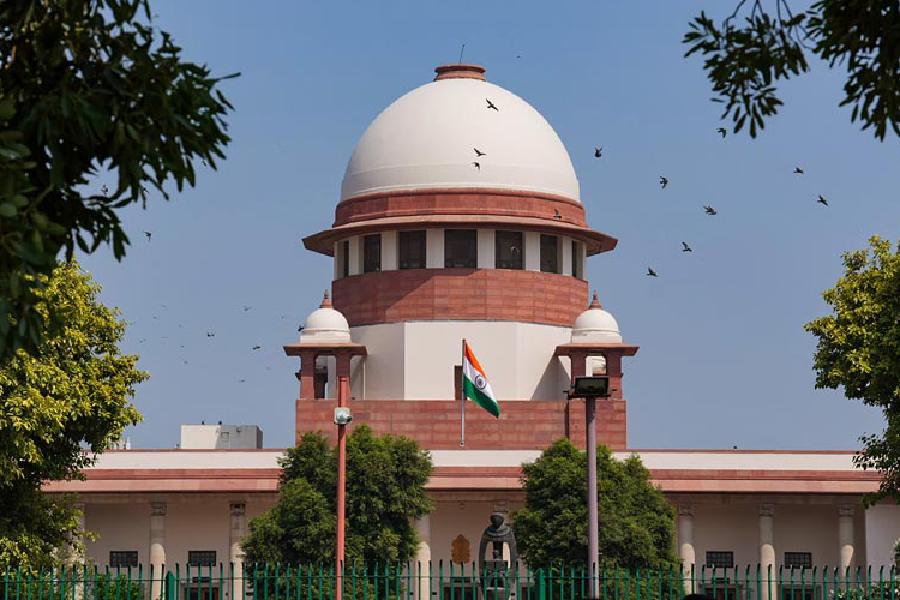The Supreme Court on Monday will take up two PILs seeking a court-monitored SIT probe into the alleged illegal sale of electoral bonds.
The petitioners have alleged a quid pro quo arrangement between corporates and political parties to bag contracts worth crores as “protection money” to avoid ED, CBI and income tax department action.
Chief Justice of India D.Y. Chandrachud, sitting in a bench with Justice J.B. Pardiwala and Justice Manoj Misra, on Friday told advocate Prashant Bhushan during
the morning mentioning time that the matter would be considered.
Bhushan told the bench that the PIL filed by the NGO Common Cause on April 24 had not yet been listed but the PIL by activist Sudip Tamankar had been listed for hearing on Friday.
The CJI then assured Bhushan that the two petitions, along with any other pleas relating to the issue, would be taken up for hearing on July 22.
Common Cause has submitted that the “electoral bond data that has been revealed shows that the bulk of the bonds appear to have been given as quid pro quo arrangements by corporates to political parties for… getting contracts/licences/ leases/clearances/approvals worth thousands and sometimes lakhs of crores and other benefits from the governments or authorities controlled by the governments which were in turn controlled by the political parties that received those bonds”.
It said that the electoral bonds bought close to action by agencies such as the ED/IT/CBI raised suspicion of it being “protection” money to avoid/stall action or in exchange for regulatory inaction by various regulators like the drug controller or for favourable policy changes.
According to the NGO, though these apparent pay-offs amount to several thousand crores, they appear to have influenced contracts worth lakhs of crores and regulatory inaction by agencies which have allowed substandard or dangerous drugs to be sold in the market, endangering the lives of millions of people in the country.
In several cases, the donations appear to have been made in blatant violation of the regulatory framework governing contributions by companies to political parties, it said.










